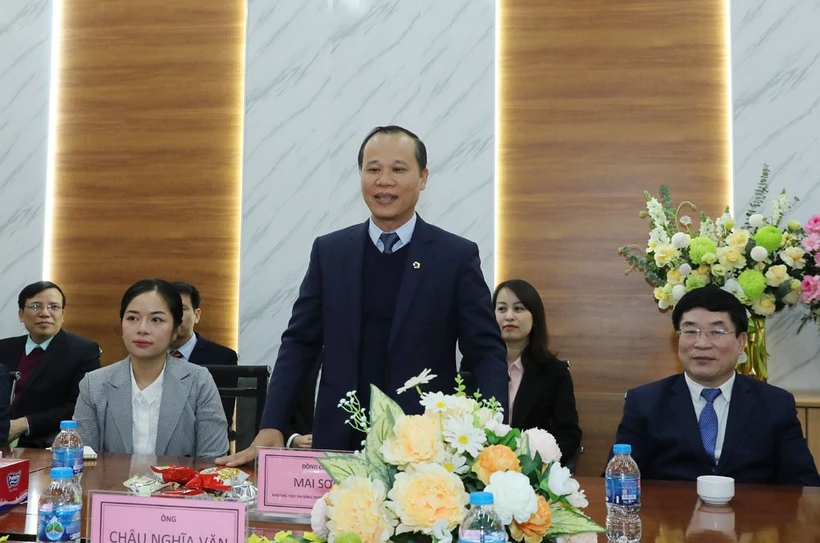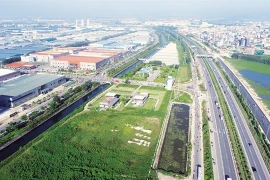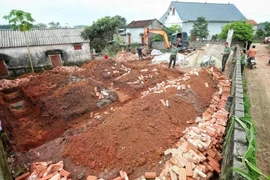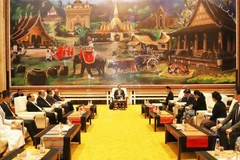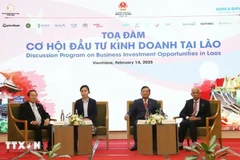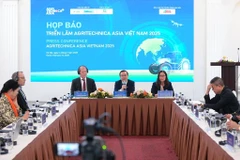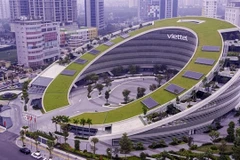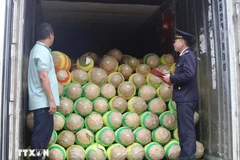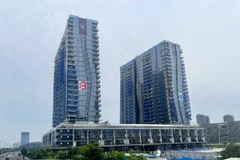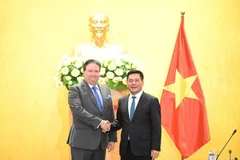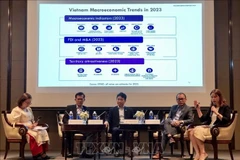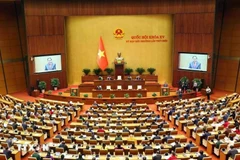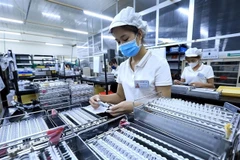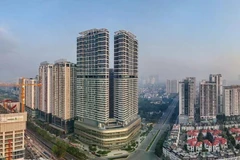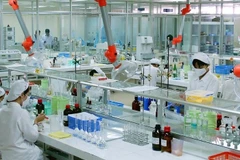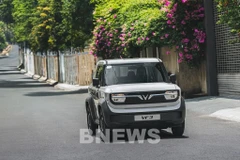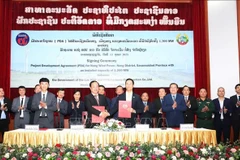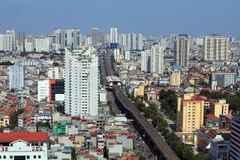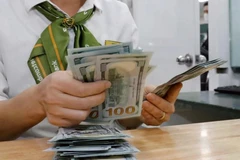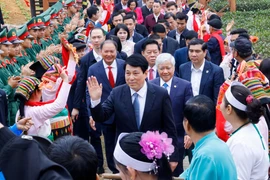Bac Giang (VNA) - In the coming period, the northern province of Bac Giang will focus on addressing challenges to non-state budget investment projects and expediting their progress, affirmed Vice Chairman of the provincial People's Committee Mai Son.
Provincial management agencies have consistently upheld the policy of "accompanying businesses," actively supporting investors and enterprises in overcoming obstacles during production and business operations, particularly in land clearance and compensation efforts.
District- and commune-level authorities are working to raise public consensus, resolve challenges, and develop specific action plans to address issues on a project-by-project basis. Special focus is placed on completing land clearance for remaining areas to facilitate land allocation and enable investors to complete their projects.
The province is also strengthening investment project management and monitoring, taking strict actions against violations of legal regulations, especially in cases of prolonged delays or project suspension. Furthermore, inspections and reviews of slow-progress projects and investors with underperforming portfolios are being conducted, ensuring compliance with regulations on planning, land use, environmental protection, fire prevention, construction, and real estate business operations.
Investors and project developers are required to collaborate more closely with local authorities in land clearance efforts while strictly adhering to legal regulations throughout project implementation. They must also follow the planned timelines and accelerate construction progress.Currently, Bac Giang province is implementing numerous non-state budget investment projects, including 47 within industrial parks, 93 outside industrial parks, and 201 on urban and residential areas, and social housing.
Active production and business projects have significantly contributed to the province's socio-economic development, driving economic growth and structural transformation. These projects also play a key role in increasing provincial budget revenues, boosting exports, generating jobs for local labourers, and improving incomes for both local and neighbouring province workers. Additionally, they enhance workforce quality through corporate training programmes or partnerships with external educational institutions.
Urban and residential area projects have transformed the province’s urban landscape, creating improved living spaces with well-developed technical infrastructure. These projects contribute to increasing urbanisation rates in both rural and mountainous areas, while meeting housing demands, fostering real estate market development, and providing commercial land to attract further investment for the province's socio-economic growth.
However, the progress of some business and production projects remains sluggish, including the Thien Lam Dat Port and Wood Processing Complex in Luc Ngan district and the Tay Yen Tu Spiritual Eco-Tourism project.
Certain projects have faced security and public order issues, while several investors have been administratively sanctioned for violations of investment, construction, and environmental regulations. These include Phuc Thanh Trading and Service Co., Ltd. (investor of the Huong Gian General Service and Trade Zone No. 1 project), and Vinatech Vina Co., Ltd. (investor of the Vinatech Nham Son - Yen Lu project).
Most urban and residential area, and social housing projects face delays due to compensation and land clearance problems, requiring multiple extensions. Some others have made progress but remain stalled due to unresolved small land areas, as district-level authorities have yet to fully address clearance, hindering investors from finalising and handing over the works./.
